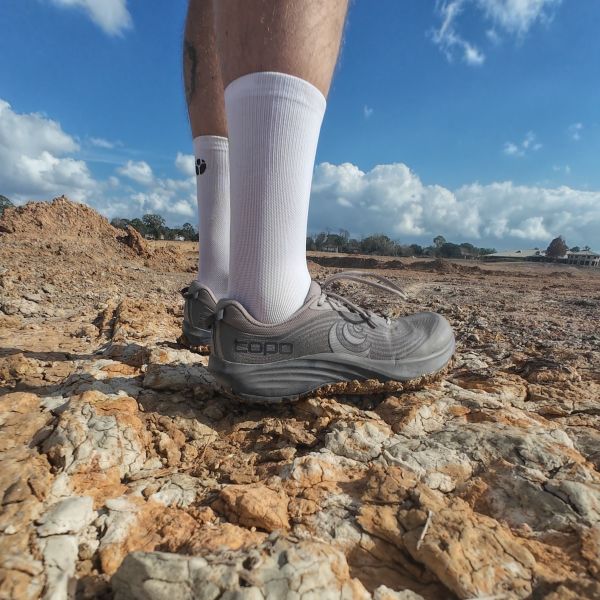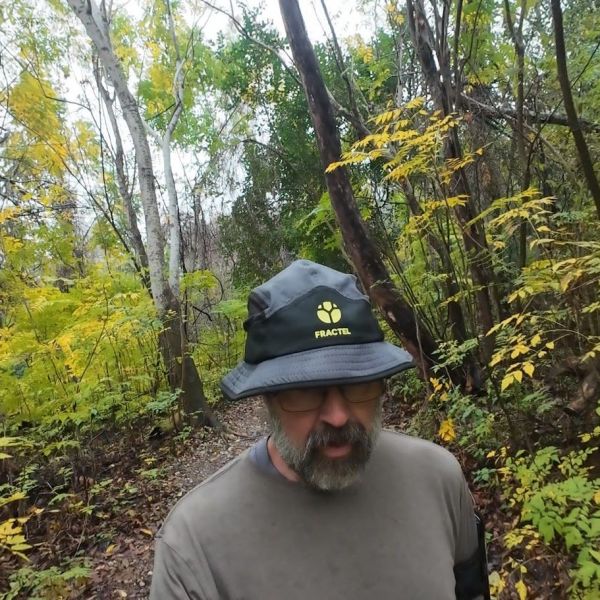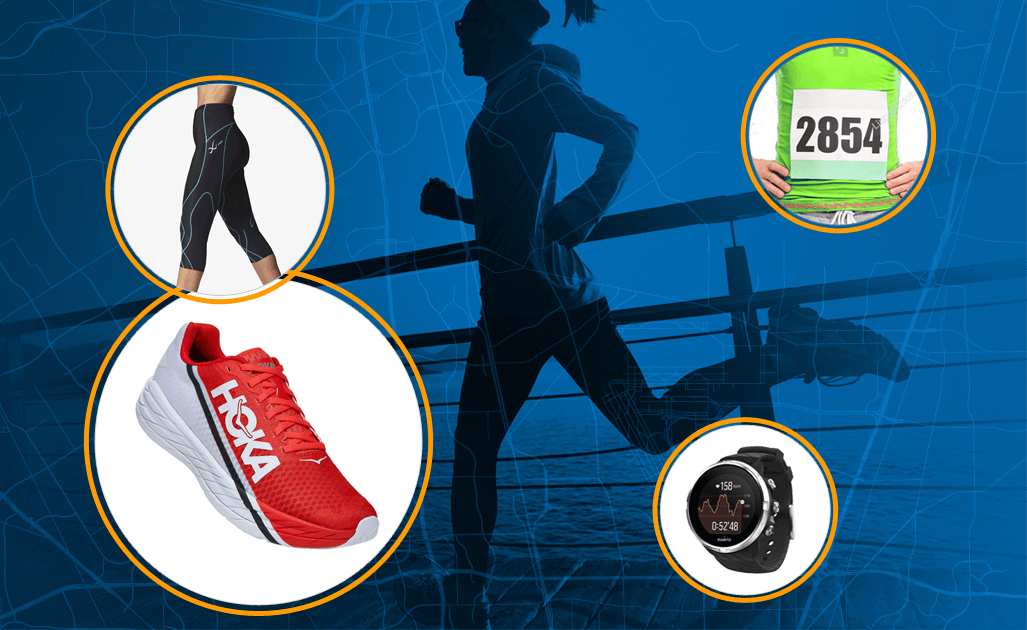Maybe your mornings and afternoons are packed with commuting, work, shuttling kids, and everything else on your to-do list. And you just can’t fit in a run during the day. Maybe you just like to sleep in. Yes?
Or maybe it’s crazy hot where you live. And night running when it’s cooler seems like a better choice than not running at all.
I’ve logged hundreds of night running miles over the years on city streets, country backroads, and even through thick forest, where some nights can be the can’t-see-your-hand-in-front-of-your-face dark.
...sometimes in all-black clothing (Duh! Don’t do this, OK.)
In fact, I had one super close call while night running that could have been my last and final run, if you know what I mean.
Thinking about going for a night run? Here’s a few things to know before stepping out into the dark…
I was training for the Mountain Lakes 100-Mile ultra, and needed to fit in a long run on a Saturday packed with family activities.
Even if I woke up at the butt-crack of dawn, I still couldn’t finish a 30-miler without showing up late to all the things.
So I decided on a night running route to get in the miles after the kids were asleep.
I didn’t know it, but I was about to become the target in a game of ‘Knock off a Runner.”
On a recent night run...
I was running on a country road. No shoulder. A ditch on one side, blackberry bushes on the other and cloud cover blocked much of the moonlight.
I was running into oncoming traffic so I could see any headlights (that’s what you’re supposed to do, right?)
I could hear a vehicle coming from behind. But I wasn't particularly worried. I was in the opposite lane.
When the vehicle got closer, I looked over my shoulder expecting to watch it go by.
Instead the driver swerved, crossing the double-yellow line, and came at me.
I was on the blackberry-bush side of the road. I got over as far as I could.
And when the white truck whizzed by, it was so close, it whacked my right arm with it's sideview mirror. I was stunned, but not hurt. And I was mad. But it could have turned out a lot differently.
I actually called 9-1-1 and officers met me on my run, checked me out, and raced up and down the road looking for the white truck. But without a plate number or better description, it was long gone.
I really have no idea what the driver was thinking. My first thoughts…
That close call made me take a closer look at night running. Can it be a reasonable training option to fit in a long run? Or is it too dangerous?
If you’re short on time, serious about fitting in a run, and night running is your only option, you’re probably going to do it, even if it is dangerous. Runners are stubborn like that sometimes.
If you are going night running, here’s what I recommend...
A vest, shirt, pants, shorts, hat, with reflective striping. You can even go with reflective velcro straps, or tape, making it easier for drivers to see you. Check out some of these reflective-gear options:
Headlamp, lighted vest, flashers. It's your best bet to get a driver's attention from a long way off.
FYI...Races like the popular Hood to Coast 200-Mile Relay require RUNNERS to have a headlamp, red-flashing light, and reflective vest. Safety on a solo night RUN isn't any different.
It might seem silly. Who wants extra weight or batteries jostling around?
Here’s the thing. You don’t want to get stuck in the middle of nowhere, in the dark, without a light.
It happened to me ONCE...
I planned a 32-mile night run on a network of trails to get to Mount Hood's Timberline Lodge in Oregon.
But I made one mistake before leaving. I didn't check my headlamp battery. And it was already low from late-night and early morning runs.
I ran about 15 miles up the mountain, headlamp lighting the way. And just when the exterior lights of Timberline Lodge started to shine through the forest, my headlamp died.
I picked my way along the single-track trail with glimpses of moonlight and got to Timberline Lodge.
But how was I going to make it back through the forest and down a sketchy, technical trail without a light after midnight?
I couldn't do it safely. And even if I did, it would have taken a lot longer fumbling my way in the dark.
Without a headlamp, I ran down the steep and winding road from the lodge, out to the highway, and back to the car, with enough moonlight to guide the way.
Tip: Carry extra batteries for your headlamp, handheld flashlight, or bring along a portable battery pack that can charge your light.
Can't RUN without your music or podcasts? You might want to rethink this.
One of the reasons I'm still around is that I HEARD the truck coming, and got over as far as I could.
If I was zoned out, blasting music into earbuds, I might have missed those few seconds of opportunity to get out of the way.
Running at night can be a great way to train, if you're busy during the day, or it's crazy-hot outside. But you have to be smart about it.
If running without music is a no-go, try using the speaker on your phone or AfterShokz Bone Conduction Headphones recommended by runner Brynn Cunningham.
Ya, most people are going to think you’re a little weird running at night. Invite another runner to go with you, or let someone know where you’ll be going. And carry your phone with you.
An actual map of your route and timeline is even better. Hopefully, you have an uneventful night running experience. But if something happens, it’s smart to have someone know your plans.
For example: Save your running routes on Strava, MapMyRun, or Garmin Connect and share the link.
Thinking about going for a night run? It’s a great way to fit in the miles when your day is pack or daytime temperatures are blazing hot. But if you’re going to go for a run at night, be safe. I’ll see you out there.
Do you run at night?

David Moore Some of my favorite runs have been after dark! I try and stick to the trails to eliminate the cars but then that brings its own set of challenges. Great tips Evan!
Login to your account to leave a comment.





We Want to Give it to You!
